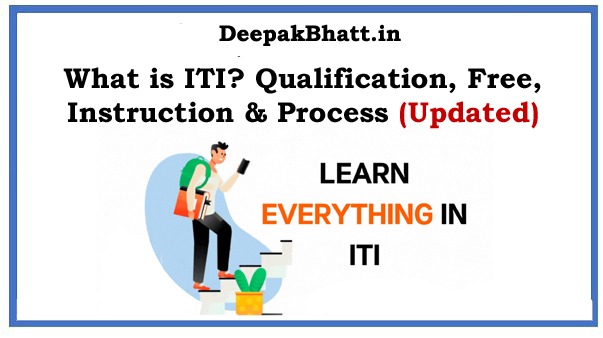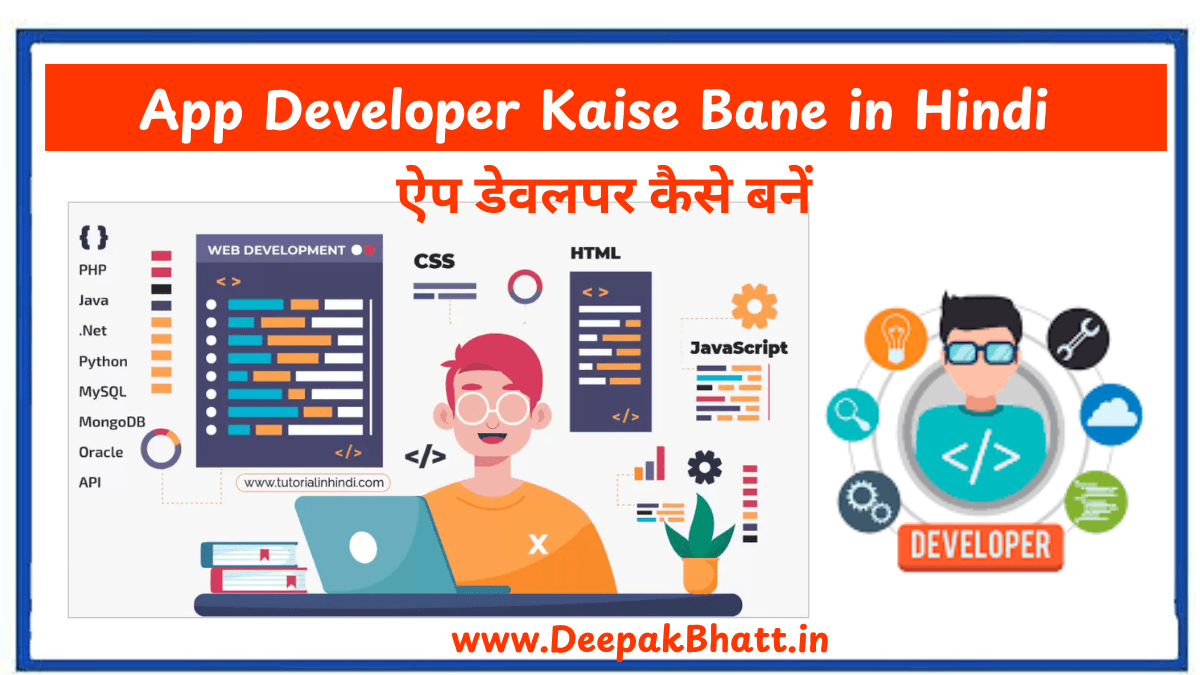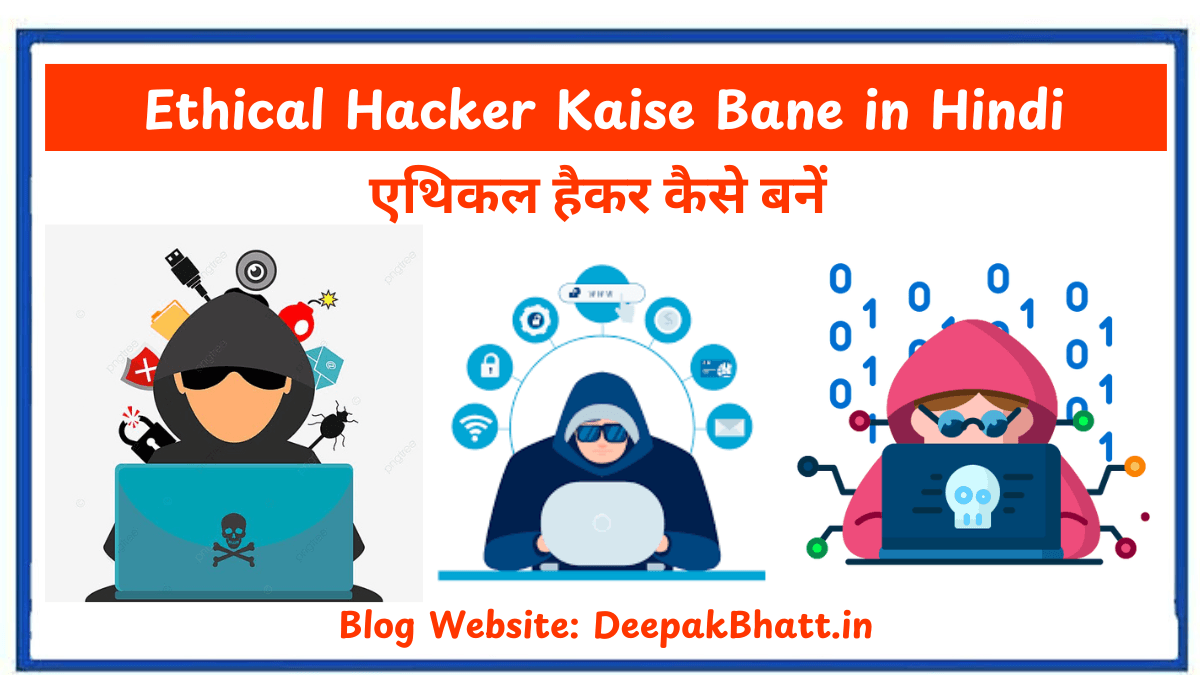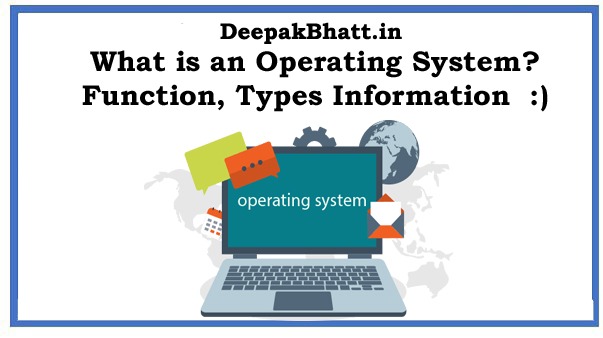What is ITI? What is the eligibility for ITI? Benefits of doing ITI, what is the working area of ITI? Estimated salary after ITI course.
If you are looking for answers to these questions related to ITI, then this post is for you only.
What is Ph.D.? Course, Syllabus, Salary, and Degree
What is B Tech? Course, Syllabus, Salary, Degree
- 1 What is ITI?
- 2 Admission Process for ITI Courses
- 2.1 Job Opportunities After ITI
- 2.2 1. Government Jobs
- 2.3 2. Private Sector Jobs
- 2.4 3. Self-Employment & Entrepreneurship
- 2.5 Salary Expectations After ITI
- 2.6 Educational Qualification for ITI
- 2.7 Take special care before choosing a trade
- 2.8 Fee for ITI
- 2.9 Who can take admitted to ITI
- 2.10 ITI Admission Process
- 2.11 Jobs after ITI Diploma
- 2.12 Popular ITI Colleges in Delhi
- 2.13 FAQs About ITI
- 2.14 1. What is the age limit for ITI admission?
- 2.15 2. Can I join ITI after the 12th?
- 2.16 3. Is ITI better than Polytechnic?
- 2.17 4. What is the difference between NCVT and SCVT?
- 2.18 5. Is ITI useful for government jobs?
- 2.19 6. Can I study further after ITI?
- 2.20 7. What are the best ITI trades for high salaries?
- 2.21 Conclusion
What is ITI?
The full name of ITI is Industrial Training Institute. ITI Course is especially for those students who want to do the job quickly. After doing ITI, you can easily get government and private jobs.
There are different types of trade in this course. Government and private colleges of ITI exist and many universities also offer this type of course. The student who does a diploma from ITI.
He has to get his diploma from one particular trade or the other. If the student’s interest is in Electrical. So he can get a Diploma in ITI from Electrical. In this, you can also get a Diploma in ITI from other branches like Mechanical Fitter Computer, etc.
After successfully completing these courses, the student has to give practical training in his business in the industry for one or two years.
Learn HTML Basics Free Video Course Tutorial
Java Tutorial for Beginners with free video tutorial
Programming Languages Free Courses
Practical training in an industry is mandatory for the National Council of Vocational Training (NVCT) Certificate.
ITIs are government-run training organizations that run in major cities of every state of India like Uttar Pradesh, Punjab, Haryana, Gujarat, Assam, Kerala, Madhya Pradesh, etc
ITI Courses: Categories & Specializations
ITI courses are broadly classified into two categories:
1. Engineering Trades
- These courses focus on technical and mechanical skills and require mathematics and science as a background. Some popular engineering trades include:
- Electrician – Training in electrical wiring, circuits, and systems.
- Fitter – Focus on metal fitting, assembling, and manufacturing processes.
- Welder – Learning welding techniques for different materials.
- Mechanic (Motor Vehicle) – Training in automobile servicing and repair.
- Turner – Operating machines that shape metal parts.
- Draughtsman (Civil/Mechanical) – Technical drawing and blueprint reading.
- Refrigeration & Air Conditioning Technician – HVAC system installation and maintenance.
2. Non-Engineering Trades
- These courses focus on soft skills, office work, and service sector jobs. Some popular non-engineering trades include:
- Computer Operator and Programming Assistant (COPA) – Basic computer applications and programming.
- Stenography (English/Hindi) – Training in shorthand and typing.
- Dress Making & Fashion Technology – Garment design and tailoring skills.
- Hair & Skin Care – Beauty, makeup, and salon techniques.
- Hospital Housekeeping – Cleaning and maintenance of healthcare facilities.
- Food Production – Culinary skills and food safety training.
Note: Some ITI courses are available under government-funded schemes to support skill development and employment.
Admission Process for ITI Courses
The admission process for ITI courses varies by state, but the general steps include:
Eligibility Criteria: Minimum 8th, 10th, or 12th pass, depending on the trade.
Entrance Exam (If applicable): Some states conduct entrance exams for specific ITI courses.
Merit-Based Selection: Admission is often based on academic performance in the 10th or 12th grade.
Application Process: Students can apply through state ITI portals or directly at private ITIs.
Top ITI Institutes in India:
- Delhi ITI (DSEU ITI), Delhi
- Government ITI, Mumbai
- Industrial Training Institute, Bangalore
- Government ITI, Chennai
- Women’s ITI, Kolkata
Job Opportunities After ITI
ITI graduates have excellent career opportunities in both government and private sectors. The job prospects depend on the chosen trade, experience, and industry demand.
1. Government Jobs
ITI graduates can apply for jobs in:
Indian Railways – Technicians, welders, fitters, electricians.
PSUs (Public Sector Units) – BHEL, ONGC, NTPC, SAIL, etc.
Defense Sector – Indian Army, Navy, Air Force technical roles.
State Electricity Boards – Electricians, line workers.
Municipal Corporations – Plumbers, mechanics, civil work.
2. Private Sector Jobs
ITI-certified professionals can work in:
Manufacturing & Automobile Companies – Tata Motors, Maruti Suzuki, Mahindra.
Construction & Infrastructure Firms – L&T, Shapoorji Pallonji.
IT & Computer Support – IT technician, data entry operator.
Retail & Hospitality – Hotels, restaurants, customer service.
3. Self-Employment & Entrepreneurship
After ITI, individuals can start their own:
Electrical & plumbing services.
Carpentry, welding, and fabrication work.
Repair shops (AC, refrigerator, automobiles).
Beauty parlors or tailoring businesses.
pro Tip: ITI graduates can enhance their skills further by pursuing an Apprenticeship Training Scheme (ATS) or Diploma courses for better career prospects.
Salary Expectations After ITI
The salary of an ITI graduate depends on the trade, location, and experience. Here’s an estimated range:
| Job Role | Starting Salary (per month) | Experienced Salary (per month) |
|---|---|---|
| Electrician | ₹12,000 – ₹20,000 | ₹30,000 – ₹50,000 |
| Fitter | ₹10,000 – ₹18,000 | ₹25,000 – ₹40,000 |
| Welder | ₹8,000 – ₹15,000 | ₹20,000 – ₹35,000 |
| Computer Operator | ₹10,000 – ₹18,000 | ₹25,000 – ₹40,000 |
| Stenographer | ₹12,000 – ₹20,000 | ₹30,000 – ₹45,000 |
Fact: ITI graduates with work experience can earn even higher salaries, especially if they go abroad, where demand for skilled labor is high.
Educational Qualification for ITI
There are many courses in ITI and the duration of all the courses and the eligibility for admission are different.
Like some courses are for 6 months, some are for 1 year and some are for 2 years. Apart from this, in some, you can take admission after the 8th class, in some and after the 12th class only.
Therefore, before taking admitted to any ITI Trade, you should get complete knowledge about it.
Take special care before choosing a trade
You can get your ITI diploma by choosing any one trade according to your interest. One thing to keep in mind is that not all trades will be found in all ITI Institutes. Before taking admission, you have to know which trade can be found in that ITI.
Fee for ITI
If you get admission to Government College. So no fee will have to be paid. But if you get admission to a private college, then the fees will have to be paid according to the college there.
Who can take admitted to ITI
8th, 10th, and 12th pass students can take admission in the ITI course.
ITI Admission Process
To take admitted to ITI, you have to fill out and submit the form. Which comes out every year in July.
You can buy its form from every ITI and you will get admission on Merit Base. The course for admission in this is on the basis of your qualification. In this 8th, 10th, and 12th pass students can take admission.
Jobs after ITI Diploma
This is the biggest question after doing ITI Diploma. where we can work. After doing ITI Diploma, many job options will open in front of you. Many government institutes remove jobs. In which ITI Diploma is sought. After doing this course, you can easily get into government jobs as well.
Popular ITI Colleges in Delhi
- Ch. Brahm Parkash Industrial Training Institute, Jaffarpur
- Directorate General of Employment and Training? DGE&T
- Industrial Training Institute, Mori Gate, Gokhle Road
- Industrial Training Institute, K Block, Jahangirpuri
- Industrial Training Institute, Nand Nagari
- Industrial Training Institute, Pusa Road, Karol Bagh
- Industrial Training Institute, D.S.I.D.C. Industrial Complex
- Industrial Training Institute, Malviya Nagar, Delhi
- Sarvodaya Industrial Training Institute, Durgapuri Extension, Shahdra
- Sir C.V. Raman Industrial Training Institute, Near Burari Crossing Dheerpur
What is MBA? Eligibility, Course, Fields, Syllabus, and Salary
What is Biotechnology? Types, Qualification, Career
What is NIIT? Meaning, History & Syllabus
FAQs About ITI
1. What is the age limit for ITI admission?
The general age limit is 14 to 40 years. Some special categories (like ex-servicemen) may have relaxations.
2. Can I join ITI after the 12th?
Yes, you can join ITI after 10th or 12th, depending on the course requirements.
3. Is ITI better than Polytechnic?
ITI is a short-term, skill-based course, whereas Polytechnic provides a diploma in engineering (3 years). ITI is ideal for quick employment, while a diploma offers more career growth opportunities.
4. What is the difference between NCVT and SCVT?
NCVT is a national-level certification, recognized across India. SCVT is state-level and valid within the respective state.
5. Is ITI useful for government jobs?
Yes, ITI graduates are eligible for Railways, PSUs, State Electricity Boards, and defense sector jobs.
6. Can I study further after ITI?
Yes! You can pursue a diploma, apprenticeship, or even a degree in engineering.
7. What are the best ITI trades for high salaries?
Electrician, Fitter, Mechanic, COPA, and Welder offer high-paying jobs in both India and abroad.
Conclusion
ITI is an excellent career choice for students who want quick employment, hands-on skills, and job security. Whether you want to work in the government sector, private industry, or start your own business, ITI courses offer the necessary training and certification. If you’re passionate about a particular trade, ITI can be your stepping stone to a successful career.
Interested in ITI? Explore courses, apply today, and start your journey toward a skilled future!

















